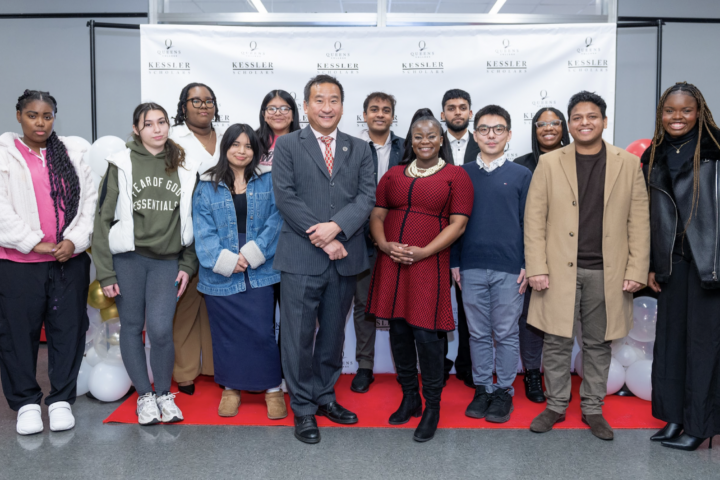Queens College students have mixed feelings about lectures given by untenured and tenured faculty members.
“I’ve enjoyed the classes I’ve had taught by graduate students because the structure of their syllabus seems more relevant and they are more relatable. They are not intimidating to approach,” Jessica Powell, a senior, said.
Powell’s statement supports a recent study conducted by the National Bureau of Economic Research that states that students in introductory classes learned more from outside instructors than from tenured or tenure-track professors.
The study also states that students taught by untenured faculty were more likely to take a second course in the discipline and more likely to earn a better grade in the next course than those whose first course was taught by a tenured or tenure-track instructor.
Students also agree with the findings of the study.
“The classes I’m taking with graduate students are fine. They give me enough attention and they make time to help out,” Celeste Vargas, a freshman, said.
Although the study states that students in introductory classes learned more from outside instructors, other QC students disagree. They believe that there’s not a huge difference whether they are being taught by tenured or untenured faculty.
“The structure of the classes are the same to me, workwise it doesn’t make a difference. I gain just as much from graduate students as I do the professors” Mursai Khan, a senior, said.
“It really depends on the individual teaching the course but I do at times gain more from graduate students, other times not,” Powell said.
Vargas went further to state that “sometimes I feel as though I’m gaining just the same amount. The graduate students may be relatable because of their age but I feel that I’m learning a lot from both tenured and untenured faculty.”
Overall, the study emphasizes that the results provide evidence that “the rise of full-time designated teachers at U.S. colleges and universities may be less of a cause for alarm than some people think, and indeed, may actually be educationally beneficial.”
The study is based on data from more than 15,000 students who arrived at Northwestern University from 2001 to 2008.













